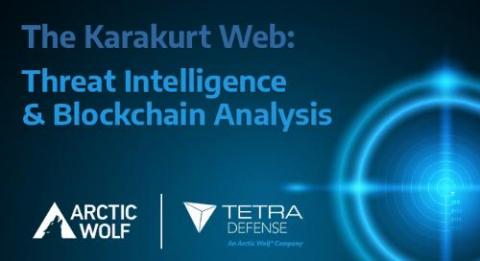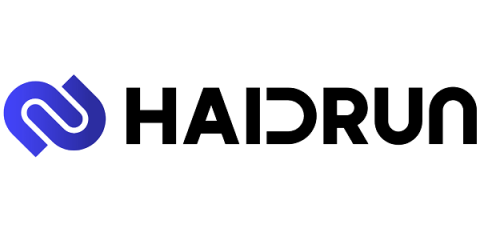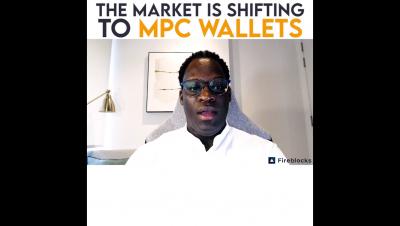Security | Threat Detection | Cyberattacks | DevSecOps | Compliance
Blockchain
What Is Cryptojacking and How Can You Defend Against It?
The Karakurt Web: Threat Intel and Blockchain Analysis Reveals Extension of Conti Business Model
How Blockchain Streamlines Traditional Bank Processes
How B2B blockchain can make a difference to the pharmaceutical supply chain
With an ever-increasing counterfeit medicine market and growing financial fraud, as well as cases of medication simply being labelled incorrectly or untraceable, the pharmaceutical supply chain has become an issue for everyone from the boardroom to the home. According to Deloitte, in the US alone, more than $200bn is lost each year because of counterfeit drugs infiltrating insecure supply chains.
How Regulation Will Impact the Crypto Space
What role does blockchain play in cyberattacks and cybersecurity?
Most company decision-making executives know how blockchain technology works but few have adopted it within their organization at this stage. This is the conclusion drawn by the latest Pulse survey conducted on 145 senior IT managers from companies on three continents. It shows that only 8% have experienced this technology, compared to 53% who know how it works but are yet to use it.
Today's Crypto Storage Solutions & Wallets for Institutions
Licensed Custodians vs. Self Custodians for Digital Assets
Environmentally friendly blockchain
Organisations increasingly seek to add more trust and transparency into their sustainability policies for all stakeholders – from employees and shareholders to regulators, the media and consumers. Blockchain is emerging as a key technology that can help companies focus on reducing carbon footprints, ESG disclosures, and sustainability tracking by giving improved visibility into all tiers of the supply chain.











